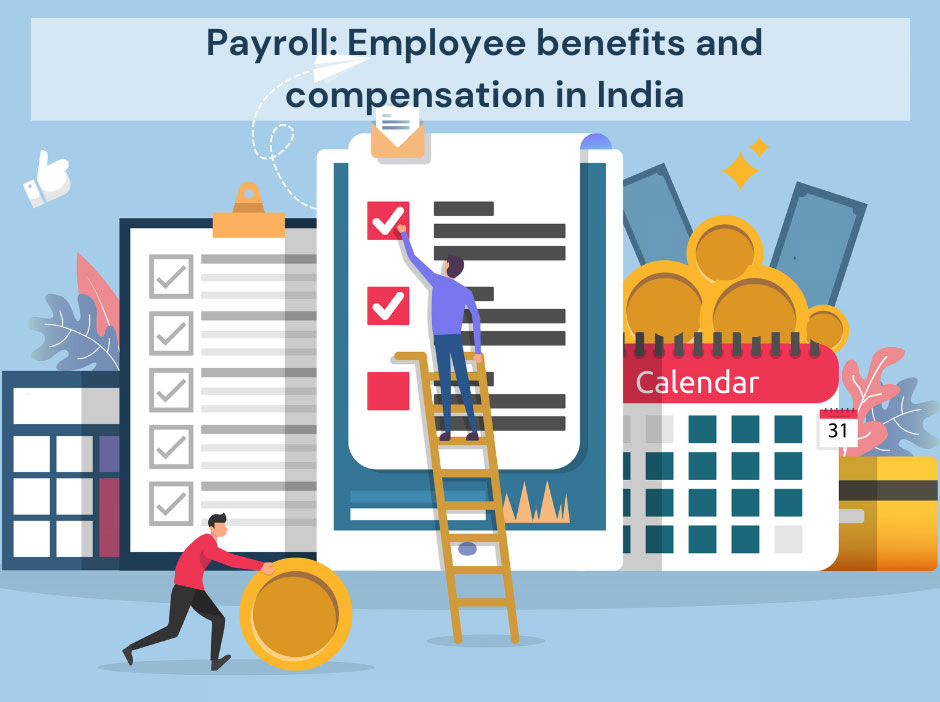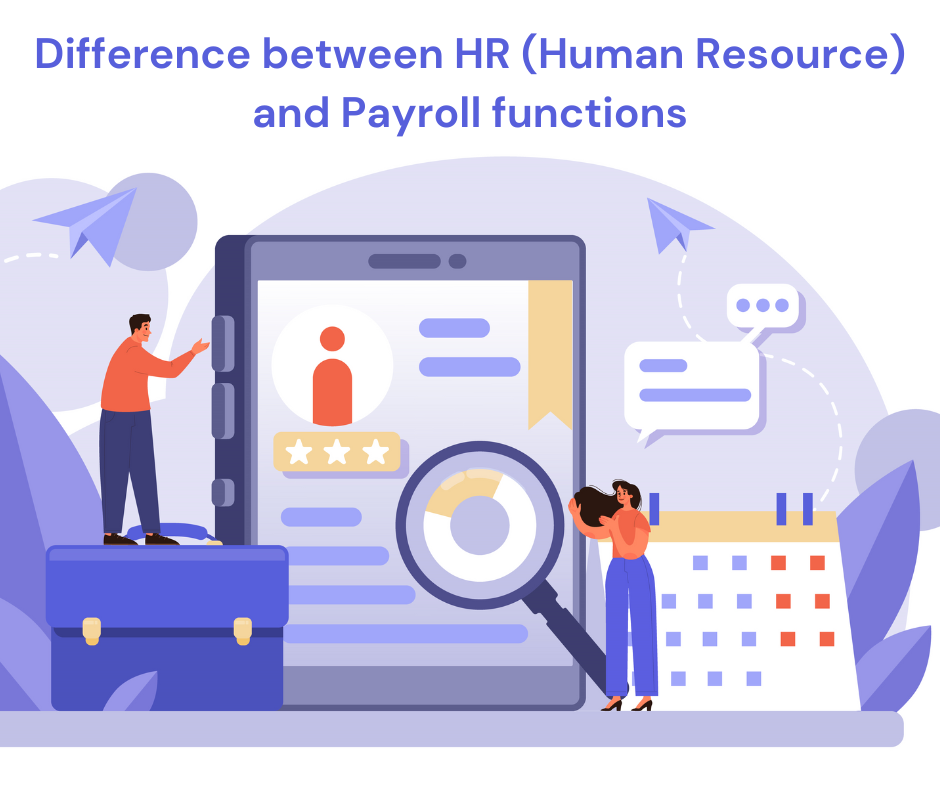Salaries and HR
A salary is a fixed amount of money given to an employee for services rendered to an organization or business. Salary is paid at regular, fixed intervals. Salary or payment of wages comes under payroll, a critical function of human resources.
The HR department is also responsible for the structuring of salaries. Salary structure is the breakup of various elements that go into the making of wages. It includes aspects such as HRA-house rent allowance and LTA- leave travel allowance, provident fund, stock options, and so on. The HR department also looks at the deduction of salary for taxation purposes as well.
However, there are cases where employees have been paid incorrectly.
What happens when you pay an employee incorrectly?
Human error remains one of the critical reasons for incorrect payroll processing. For instance, 8500 employees working in England’s NHS went unpaid because of a human error in their payroll systems. Management will have many clarifications to make regarding their payroll practices and policies. This impacts a company dearly.
How does overpay impact an organization?
Overpay is one of the commonly occurring payroll errors. Despite there being effective systems in place that monitor payroll mistakes, human error can still cause the entire system to fail.
According to the IRS – the internal revenue service, 33% of American companies experience payroll errors. This leads to losses in the very least, in the millions of dollars. India’s payroll laws are covered under the payment of wages act, 1936. This act contains the details required to know while calculating payroll and punitive actions involved when errors happen.
Overpay affects organizations the same way any payroll error affects an organization.
- Time and effort spent in understanding and rectifying where the employee/s has/have been overpaid.
- There will be a lack of morale and goodwill by the employees towards the company.
- This could lead to inefficient outputs, which end up, eventually costing the organization twice.
- If the public is aware of this information, the company could face public scrutiny.
- Having to pay penalties in the case of costly payroll errors.
Wage Reclamation- What to do:
An overpayment occurs when there are errors in the payroll processing system. Some of the common ones include:
- Worker Misclassification
- Neglecting to calculate taxation, bonuses or overtime
- Lack of confidentiality
- Not having backups in case of data being corrupted or lost
The significant steps involved in reclaiming lost wages are:
STEP 1: Clear communication with the employee about the oversight on the part of the organization. The organization will ensure the employee is briefed as well as have details of the briefing on record.
STEP 2: The HR manager in charge of payroll must check company bylaws or clauses regarding overpayment to understand protocols.
STEP 3: The organization can then agree with the employee to take a reduced salary until such time the amount has been repaid. The employee may also refund the entire amount if they are capable. This agreement should be signed by both parties to avoid conflicts in the future.
STEP 4: If an employee has left the company, the organization must reach out and try to establish contact. Failure to do so can see organizations looking at legal avenues to reclaim their money.
How to avoid overpayments?
One of the simplest ways to reduce overpayments is effective record keeping. Managers must keep up to date with the latest laws and regulations and look to conduct regular payroll audits, a thorough assessment of the payroll process. Another way an organization can reduce payroll errors is by outsourcing the payroll processing services, something necessary in competitive businesses.
Are you looking for reliable payroll and HR Services? Look no further. Contact TalentPro today for all your HR needs.






